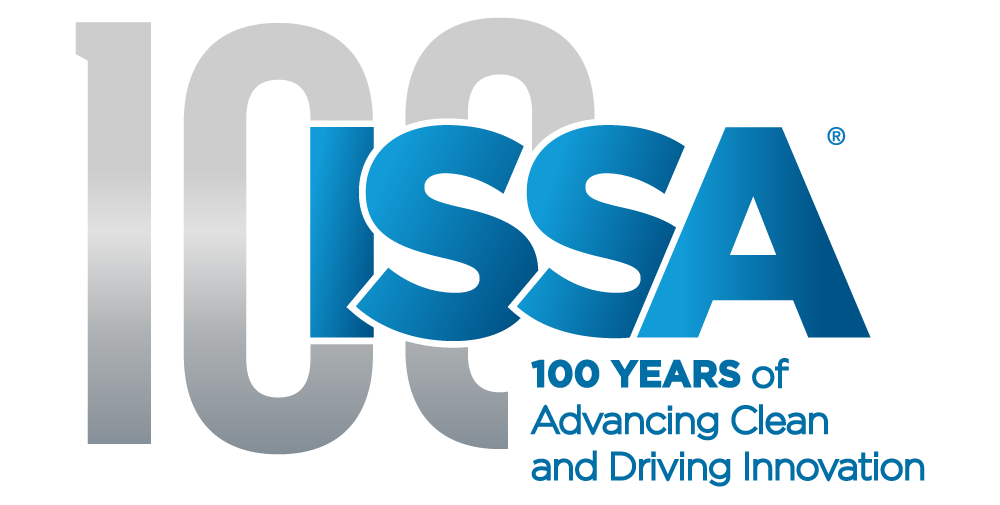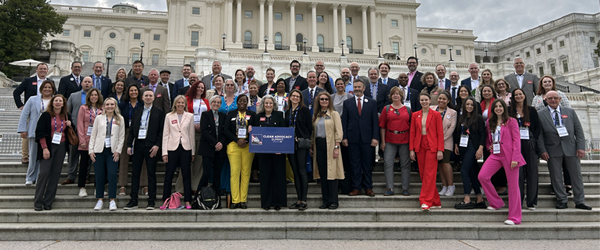California Moves Closer to Revising Short Form Warning Requirements: Impact on the Cleaning Industry
California’s Proposition 65 has long been a topic of concern for businesses operating in the state, including those in the cleaning industry. The recent progress made by the California Office of Environmental Health Hazard Assessment (OEHHA) in revising the short form warning requirements under Proposition 65 is a significant development. Recently, OEHHA published its most recent revisions to the Prop 65 warning requirements seeking additional comment before the revisions are finalized. This article delves into the potential impact of these proposed revisions on the cleaning industry and highlights the importance of staying informed and prepared.
Understanding the Short Form Warning Requirements:
The proposed amendments to the regulations for clear and reasonable warnings under Proposition 65 are intended to substantially revise the short form warning requirements by requiring that Prop 65 chemicals be disclosed in such warnings. Current short form warnings are not required to list Prop 65 chemicals It is important to note that OEHHA is steadfast in ensuring that the amendments require the short form warning to disclose the specific Prop 65 chemical. Therefore, ISSA expects this aspect of the rule to be finalized as is. Nonetheless, OEHHA made several important concessions in its most recent announcement:
- Companies will have 36 months to transition to the new short form warning label instead of the 24 months originally proposed; and
- OEHHA is no longer pursuing unique Prop 65 warning requirements for Internet ads and catalogs.
Impact on the Cleaning Industry:
The cleaning industry, including manufacturers, distributors, and retailers, is likely to be significantly impacted by the finalization of the short form warning requirements.
Here’s how:
- Compliance Challenges: The anticipated changes to the short-form warnings may present compliance challenges for businesses in the cleaning industry. Manufacturers and distributors will need to ensure that their products’ labels and accompanying warnings are updated to align with the new requirements. Failure to comply with these regulations could result in penalties and reputational damage.
- Labeling and Packaging: Manufacturers and distributors may need to revise their product labeling and packaging to accommodate the revisions to the short-form warning requirements. This may involve redesigning labels and ensuring that the warnings are prominently displayed for easy identification by consumers.
- Education and Training: The implementation of the revised short-form warnings necessitates education and training for employees involved in labeling, packaging, and distribution processes. It is crucial for businesses in the cleaning industry to stay informed about the requirements and properly train their staff to ensure compliance.
- Customer Perception and Trust: Short-form warnings may impact customer perception and trust in cleaning products. It is essential for businesses to effectively communicate the information contained in the short-form warnings to their downstream customers, ensuring transparency and clarity. Maintaining customer trust by providing accurate and easily accessible information is vital for the long-term success of cleaning industry businesses.
- Industry Collaboration: The cleaning industry, represented by organizations such as ISSA (The Worldwide Cleaning Industry Association), can play a crucial role in advocating for clear and consistent guidelines under Proposition 65. Collaborating with regulatory authorities, industry stakeholders, and advocacy groups can help ensure that the short-form warning requirements are practical, effective, and aligned with industry best practices.
As California moves closer to finalizing the revisions to the short form warning requirements under Proposition 65, the cleaning industry must proactively adapt to these changes. Manufacturers, distributors, and retailers should carefully review the proposed amendments and assess the impact on their operations. By staying informed, updating labeling and packaging practices, providing education and training to employees, and ensuring clear communication with consumers, the cleaning industry can navigate the evolving regulatory landscape successfully.
To learn more about the proposed amendments and stay updated on the progress of the short form warning requirements, visit the California Office of Environmental Health Hazard Assessment website.
The ISSA is also a valuable resource for industry-specific guidance and support during this transition period.
ISSA will continue to monitor and advocate on this issue as appropriate, as well as keep its members apprised regarding related developments. For questions about the proposed rule and ISSA advocacy, please contact ISSA Director of Government Affairs John Nothdurft.
By staying informed and engaged in the regulatory process, ISSA members can help ensure that the final regulations are fair and workable for the cleaning industry.















